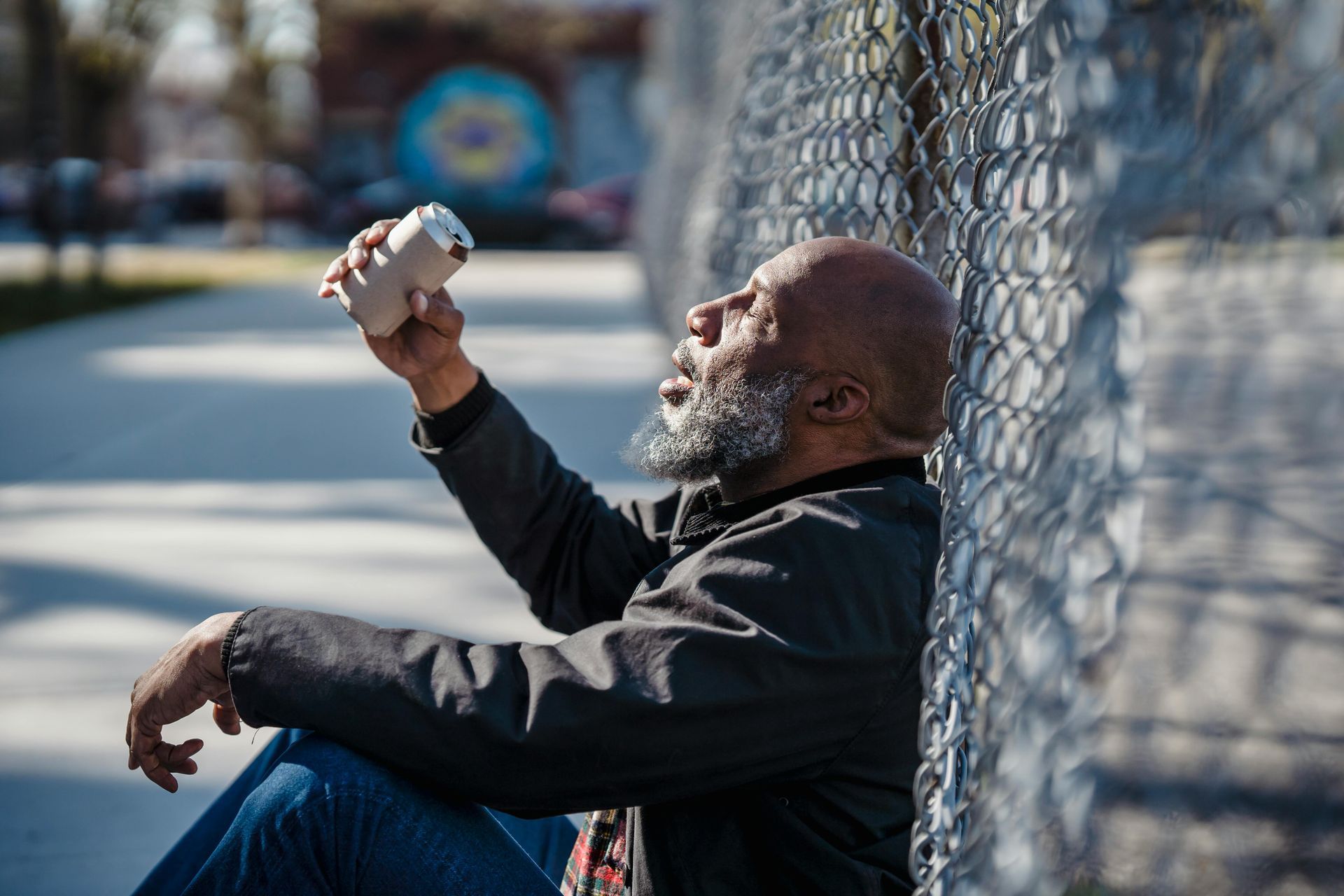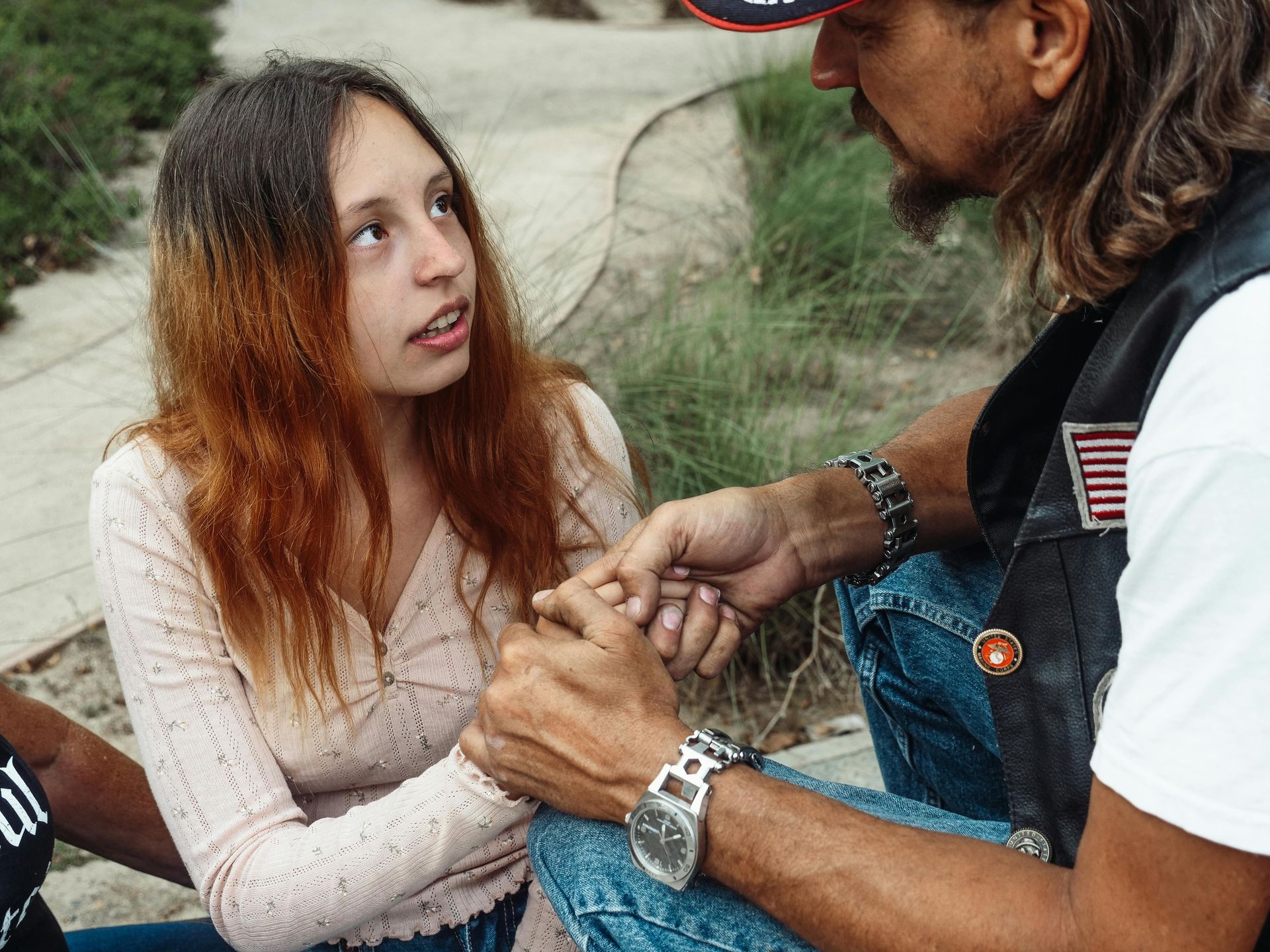What is Addiction?


Addiction isn’t just a personal battle—it affects everyone around you. Relationships with family, friends, and even colleagues can become strained, sometimes to the point of breaking. Loved ones may feel helpless, frustrated, or betrayed, not understanding why someone they care about can’t simply stop. The emotional weight of addiction can isolate the person struggling, pushing them further into the cycle.
But here’s the truth: Recovery is possible, and it starts with breaking the silence. It’s not about simply quitting; it’s about healing. It’s about understanding the root causes of addiction, whether that’s trauma, mental health struggles, or unresolved pain. Recovery means facing these deep, often uncomfortable truths and learning healthier ways to cope.
It’s important to remember that addiction isn’t something someone can overcome overnight. It’s not a one-time decision, but a continuous commitment to healing—one day at a time. Support, therapy, and sometimes even medication, are vital parts of this journey. And no one should have to face it alone.


Addiction is a trap that often begins as an escape or a solution. It’s not a weakness or a moral failing—it’s a response to pain. For some, it starts with a prescription, meant to ease physical pain, but that relief becomes something to chase. For others, it’s alcohol—one drink to relax after a long day turns into two, then three. Maybe it’s just to take the edge off, but soon, it’s the only way to cope. And before you know it, you're reaching for the bottle or pills to get through the day. It’s a cycle, you take something to feel better and for a moment, it works. But then the relief fades, and the pain or stress comes back stronger. So you drink more, take more, thinking you’re still in control, that you can stop anytime. But slowly, that choice disappears. What was once an escape becomes a need, a desperate hunger.
Addiction isn’t just about the substances—it’s about the things in life that are missing. It’s about grief, trauma, loneliness, or trying to fill a void that seems endless. Whether it’s alcohol or drugs, it’s about numbing the hurt or quieting the chaos in your mind. What starts as a drink to take the edge off can spiral into an unhealthy dependence, and what begins as a prescription for pain can evolve into something darker, something you never saw coming.
The worst part? Addiction doesn’t care who you are. It doesn’t care if you’re rich or poor, happy or sad, young or old. It creeps in quietly when you’re not looking, and by the time you realize you’re in too deep, it’s already pulling you under.
The stigma around addiction only makes it harder for people to seek help. It’s time to change the conversation, to see addiction not as a failure, but as a disease that requires compassion and care. Every person battling addiction has the right to a second chance, to rebuild their lives, and to rediscover hope.
Destigmatizing Substance Use Disorder (SUD)
-
Stigma- Once an Addict Always an Addict
The phrase "once an addict, always an addict" is a harmful myth. People are morethan their struggles-they are capable of growth, change, and transformation.
-
Stigma- They are Criminals
Addiction is a health issue, not a criminal act. People struggling with substance use disorders are facing a disease, not a moral failure. They deserve empathy, not punishment, and access to the help they need to heal.
-
Stigma- They Choose Addiction
No one wakes up and says, “I want to be an addict when I grow up.” Addiction is a condition that takes control, and it’s not something anyone consciously chooses. People struggling with addiction deserve compassion and the chance to rebuild their lives
-
Stigma - They're just Junkies
Labels like “junkie” strip away a person’s humanity and make it harder for them to seek help. When we use such terms, we not only judge but also influence others to view those with substance use disorders as less than. Addiction is a health issue, not a character flaw. Everyone deserves compassion and support, not a label that limits their potential to heal and recover.